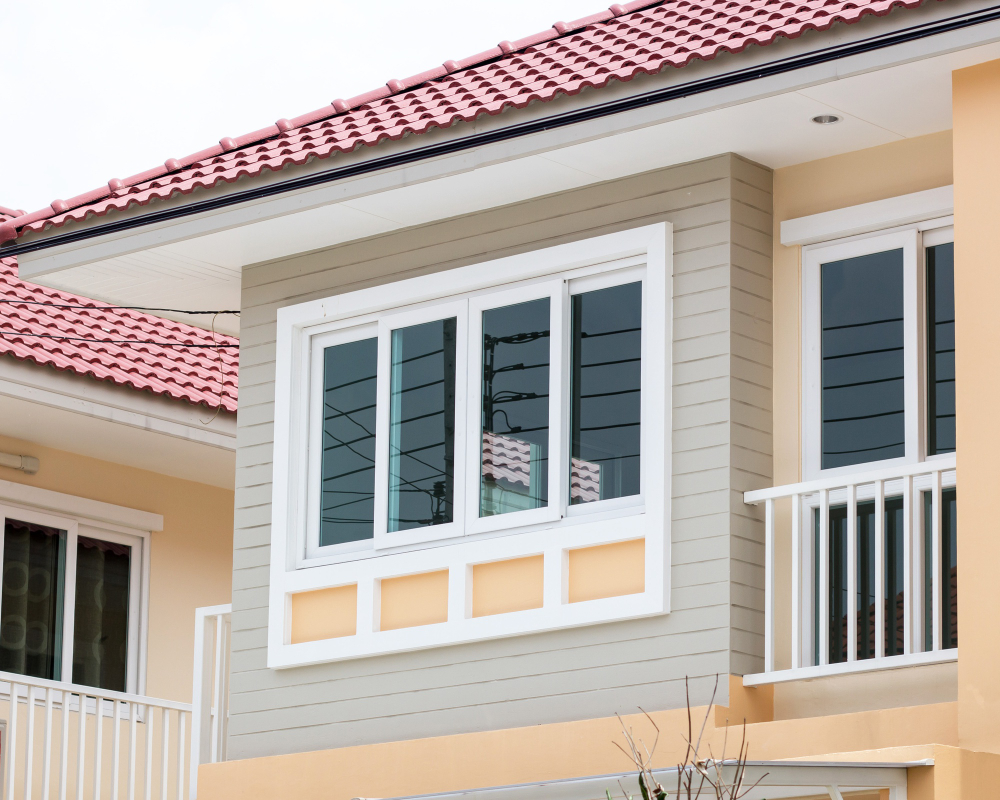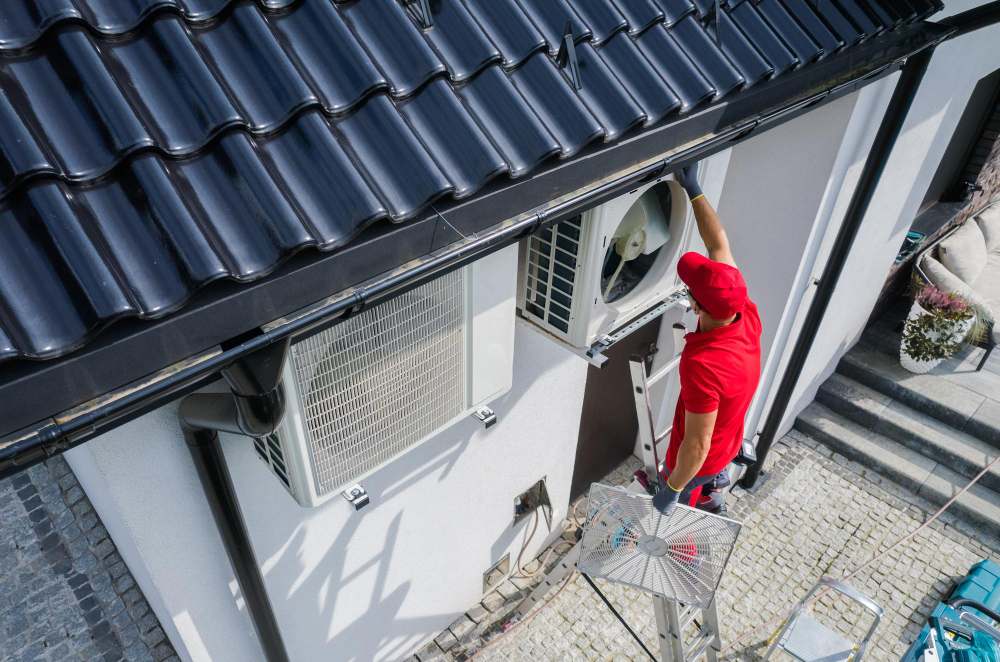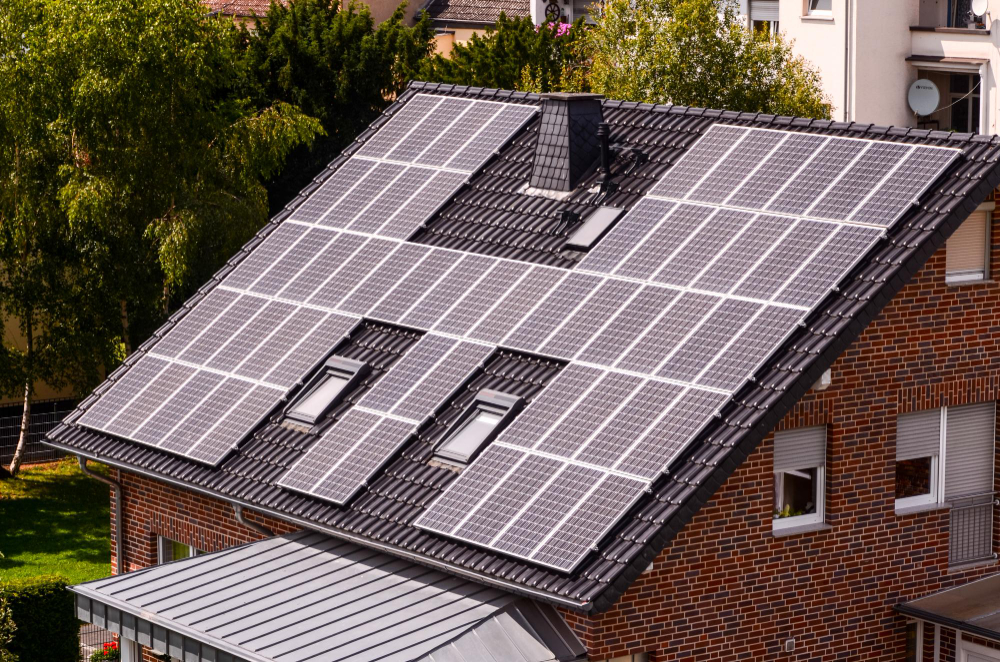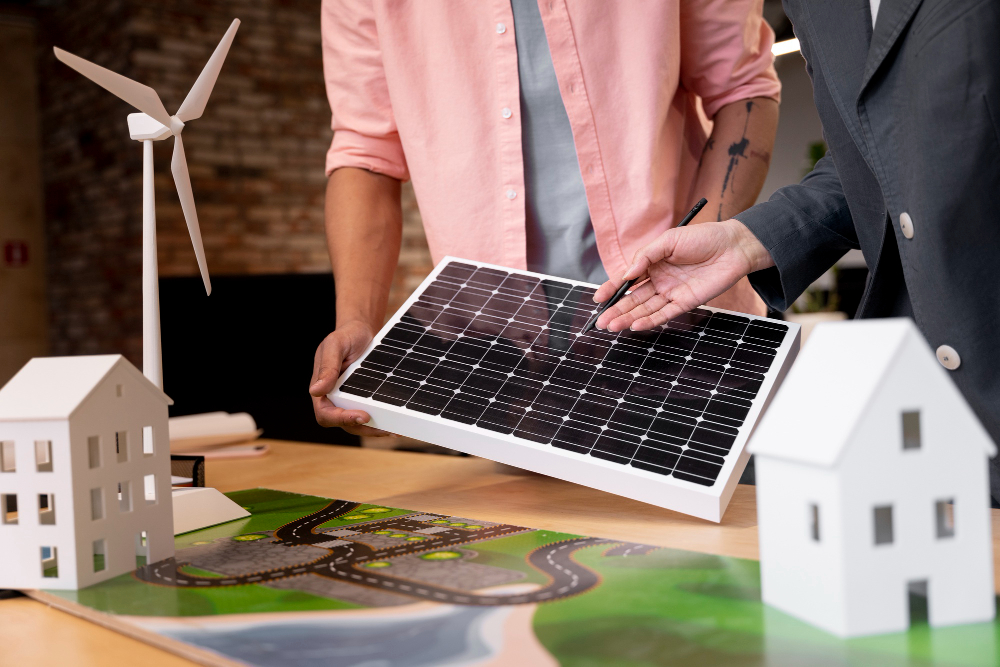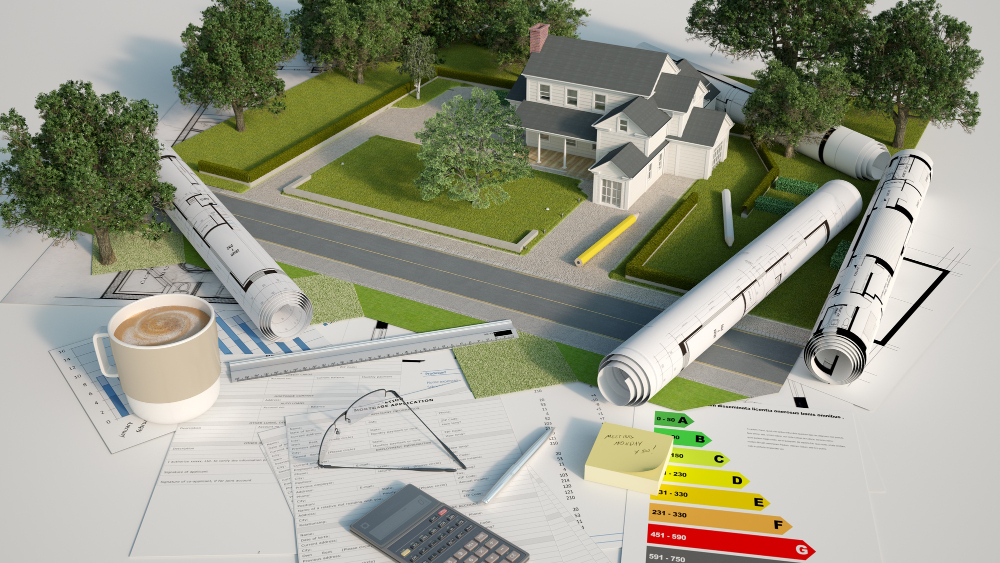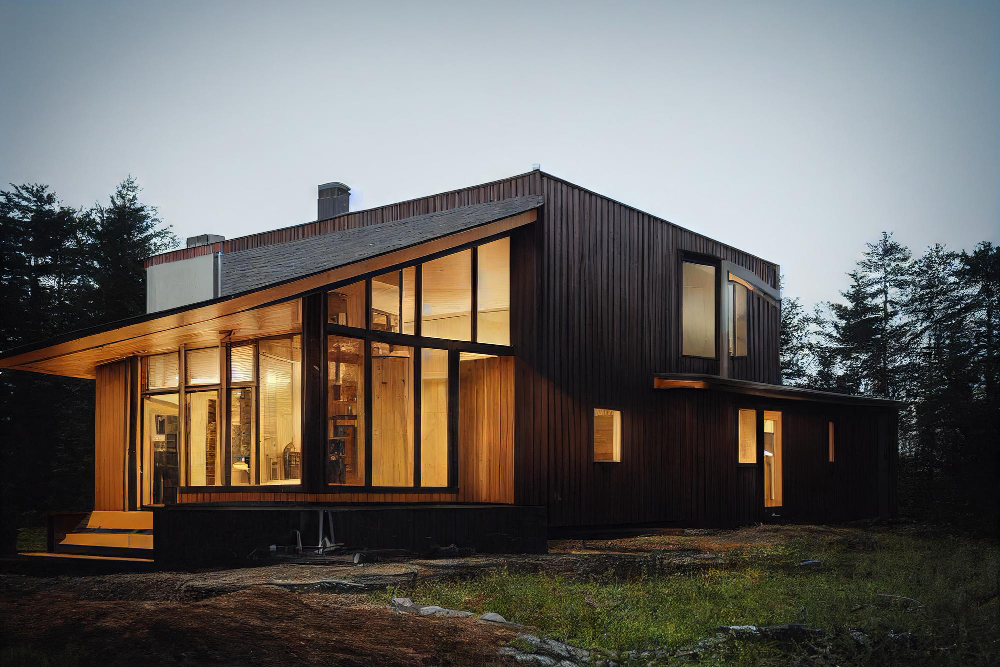Last updated on
These are the questions you will want to ask your realtor before buying a sustainable house. Read on!
As our awareness of environmental issues continues to grow, more and more people are seeking sustainable housing options. Sustainable homes not only minimize their impact on the environment but also offer numerous benefits such as energy efficiency and reduced utility costs.
However, before deciding to invest in a sustainable house, it’s essential to ask the right questions. In this article, we will explore crucial aspects to consider and the key questions to ask before buying a sustainable house.
Energy Efficiency
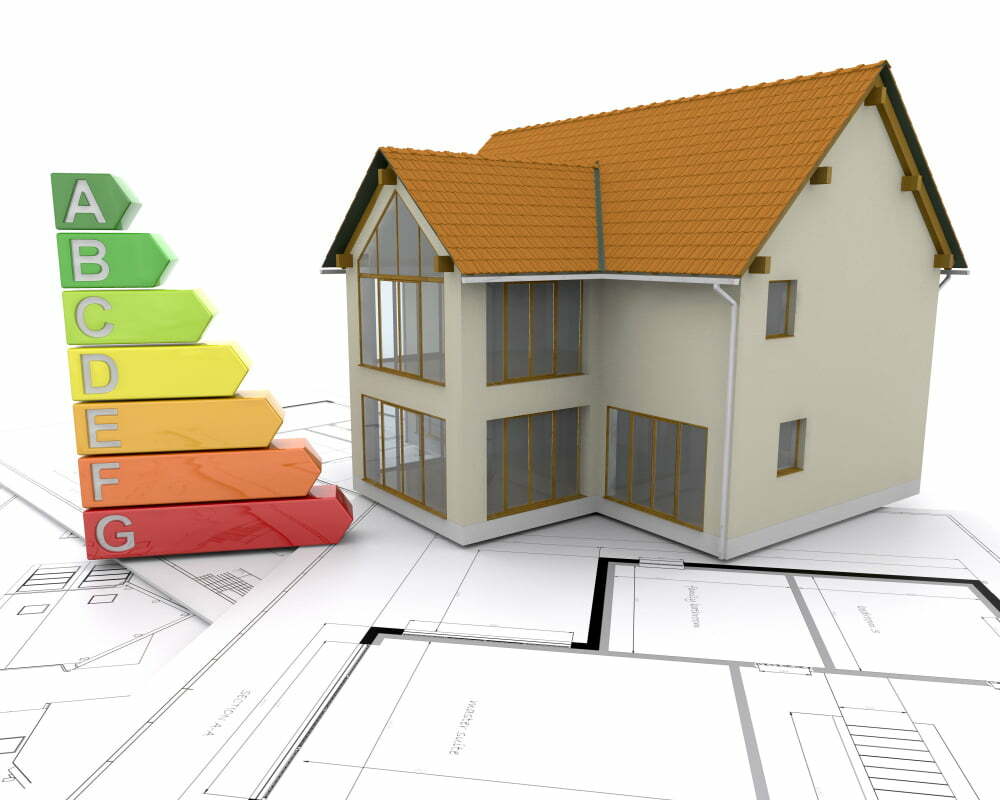
One of the primary reasons people opt for sustainable homes is their energy efficiency. Understanding the energy efficiency of a prospective house is crucial to ensuring long-term savings and a smaller carbon footprint.
How is the house designed for energy efficiency?
Consider the overall design of the house. Does it have large windows for natural light and ventilation? Is there proper insulation to reduce heating and cooling costs? Ask about the materials used in construction and if they provide excellent thermal insulation. Additionally, inquire about the orientation of the house and if it takes advantage of solar energy for heating or electricity generation.
What is the energy performance rating of the house?
Request information on the house’s energy performance rating, such as its Energy Star certification or LEED (Leadership in Energy and Environmental Design) certification. These certifications ensure that the house meets specific energy efficiency standards. Also, inform yourself about the energy consumption history of the house and request utility bills to evaluate its efficiency over time.
Sustainable Materials and Features
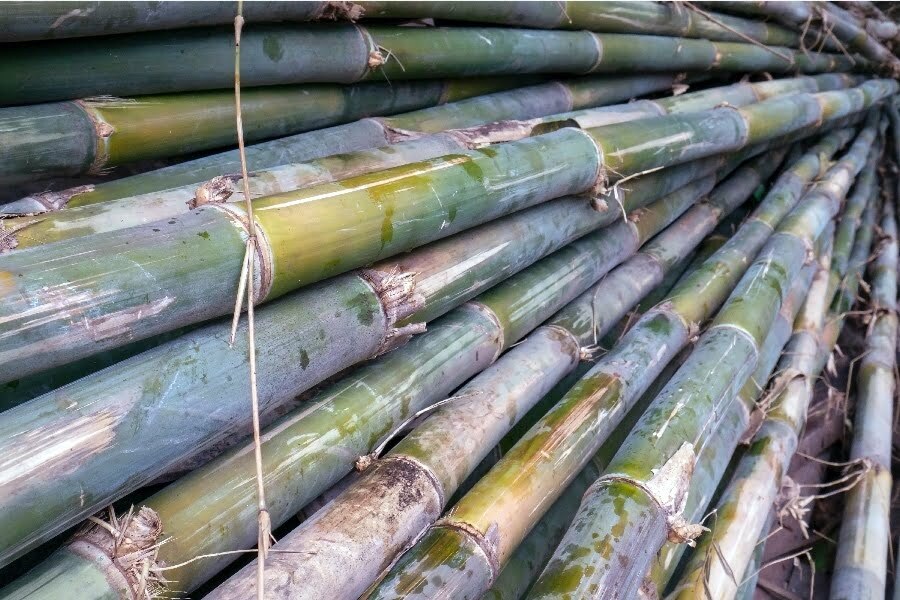
Sustainable homes prioritize the use of eco-friendly materials and incorporate features that minimize environmental impact. Understanding the materials and features of a sustainable house is essential for making an informed decision.
What sustainable materials were used in construction?
Ask about the construction materials used in the house. Look for materials such as reclaimed wood, recycled steel, and low-VOC (volatile organic compound) paints, which minimize harmful emissions. Don’t forget to get information about sustainable flooring options like bamboo or cork and eco-friendly insulation materials like cellulose or sheep’s wool.
What sustainable features does the house have?
Explore the sustainable features integrated into the house. Are there rainwater harvesting systems or graywater recycling systems to reduce water consumption? Does it have solar panels for renewable energy generation?
Inquire about energy-efficient appliances, LED lighting, and smart home technologies that optimize energy usage. Understanding these features will give you a comprehensive view of the house’s sustainability.
Financial Considerations
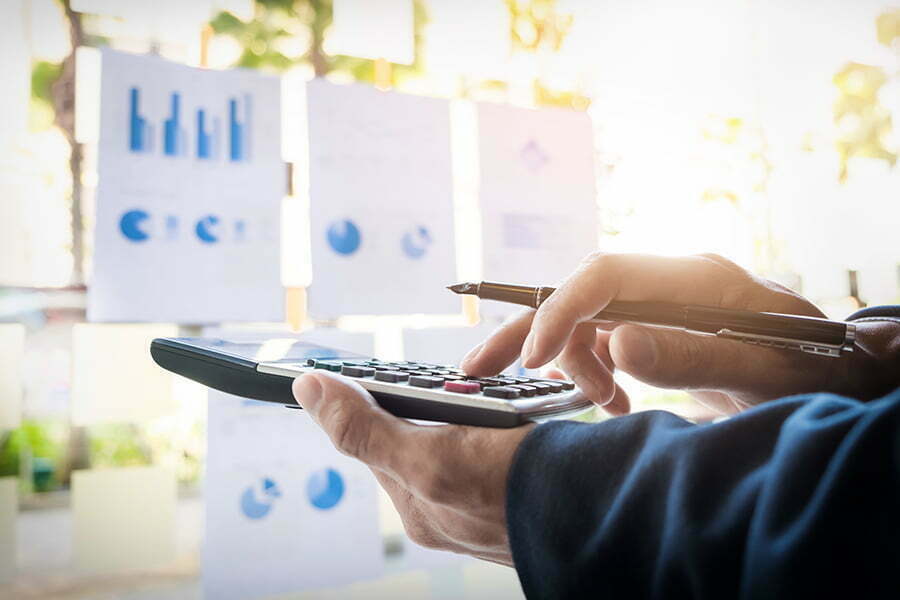
Understanding the financial aspects associated with a sustainable house is essential to make an informed decision.
What are the initial costs and potential incentives?
Ask about the initial costs of purchasing a sustainable house, including any additional expenses compared to conventional homes. Start by making research about the market in your city where you want to buy a house. We have done this about the current Auckland property market. Moreover, explore potential incentives or tax credits available for sustainable homes, such as renewable energy incentives or energy-efficient mortgage programs. Evaluating these financial aspects will help you assess the overall affordability and potential savings of investing in a sustainable house.
What are the long-term cost savings?
Consider the long-term cost savings associated with a sustainable house. Inquire about the estimated energy savings compared to a conventional home and how that translates into reduced utility bills.
Additionally, assess the potential return on investment of features like solar panels or energy-efficient appliances. Understanding the long-term financial benefits will help you gauge the overall value and economic feasibility of a sustainable house.
Environmental Impact and Certification
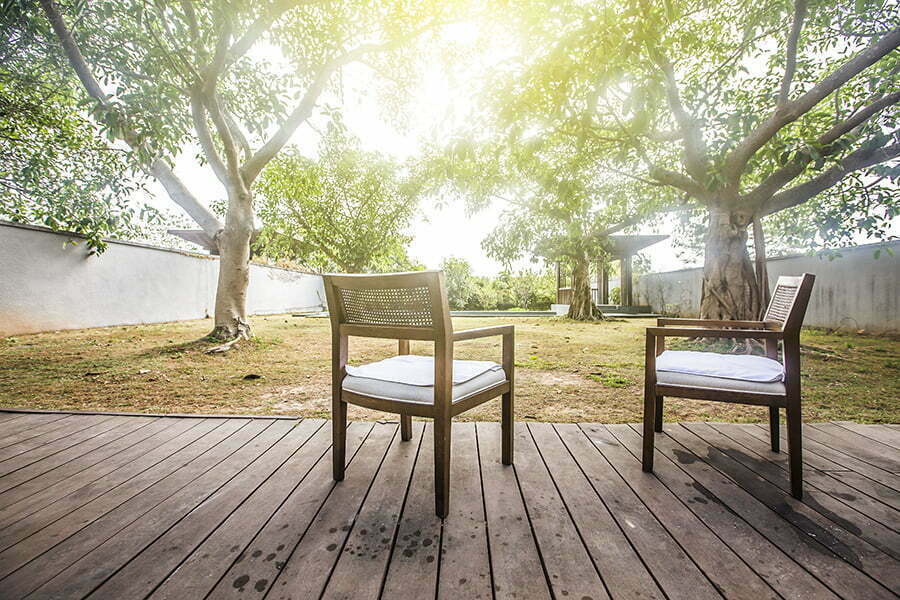
Assessing the environmental impact of a sustainable house and verifying its certifications will ensure its authenticity and alignment with your green goals.
Has the house undergone any environmental assessments?
Inquire about any environmental assessments or audits the house has undergone. These assessments evaluate the environmental impact throughout the house’s life cycle, from construction to operation.
Look for assessments like Life Cycle Assessments (LCA) or Building Life Cycle Assessments (BLCA) to understand the overall environmental performance.
Does the house have any green certifications?
Ask if the house has any recognized green certifications like LEED or Passive House. These certifications demonstrate that the house meets stringent environmental standards and ensures its sustainability claims are credible. Research the criteria for each certification to better understand their significance.
Maintenance and Longevity
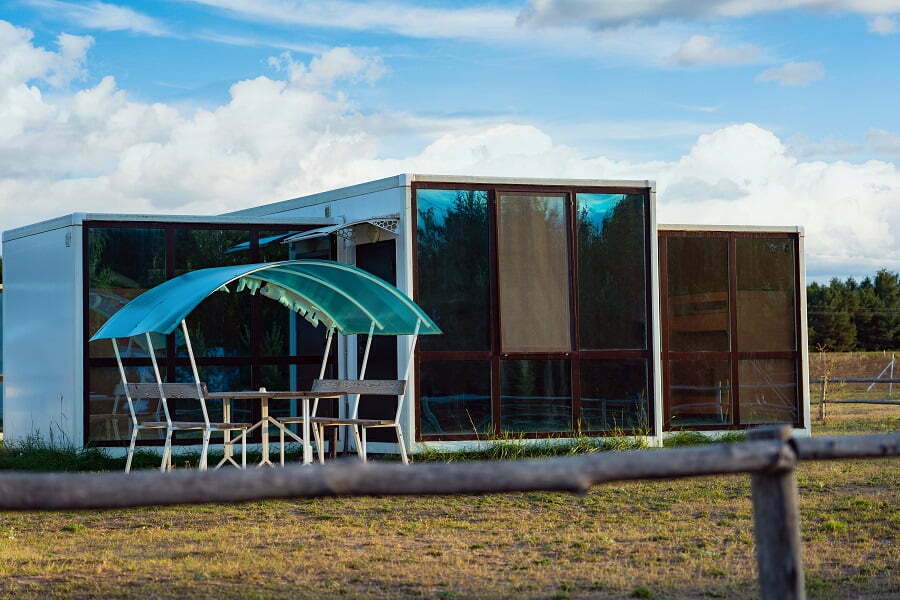
When considering a sustainable house, it’s essential to assess its maintenance requirements and longevity to ensure its durability and minimize future costs.
What maintenance practices are necessary for the house?
It is good to know about the maintenance practices required to keep sustainable features and systems in good condition. For example, if the house has a rainwater harvesting system, ask about the maintenance required to ensure its functionality.
Understanding the upkeep involved will help you plan for any additional time or expenses associated with maintaining the sustainable aspects of the house.
What is the expected lifespan of the sustainable features?
Ask about the expected lifespan of the sustainable features integrated into the house. For instance, if the house has solar panels, inquire about their warranty and the estimated lifespan of the panels. Knowing the lifespan of these features will give you an idea of when they may need replacement or upgrades, allowing you to plan for future expenses.
Surrounding Infrastructure and Amenities

Assessing the surrounding infrastructure and amenities is important to ensure a convenient lifestyle.
What is the accessibility to public transportation and amenities?
Consider the accessibility of public transportation options and nearby amenities. Are there bus stops or train stations within walking distance? Are there grocery stores, schools, or recreational facilities nearby? Choosing a location that offers convenient access to daily necessities and services can significantly reduce the need for excessive commuting and contribute to a more sustainable lifestyle.
Are there community initiatives or sustainable neighborhoods?
Get information about any community initiatives or sustainable neighborhood programs in the area. These initiatives often promote eco-friendly practices, shared resources, and community engagement in sustainable living. Living in such a community can provide additional support, resources, and a sense of belonging to like-minded individuals working towards a common goal of sustainability.
By asking the right questions about maintenance and longevity, surrounding infrastructure and amenities, and other important factors, you can ensure that the sustainable house you choose aligns with your lifestyle, values, and budget.
Investing in a sustainable home is not only an environmentally responsible choice but also a decision that can provide long-term comfort, and financial savings, and contribute to a greener future.
Related reading:
Table of Contents
